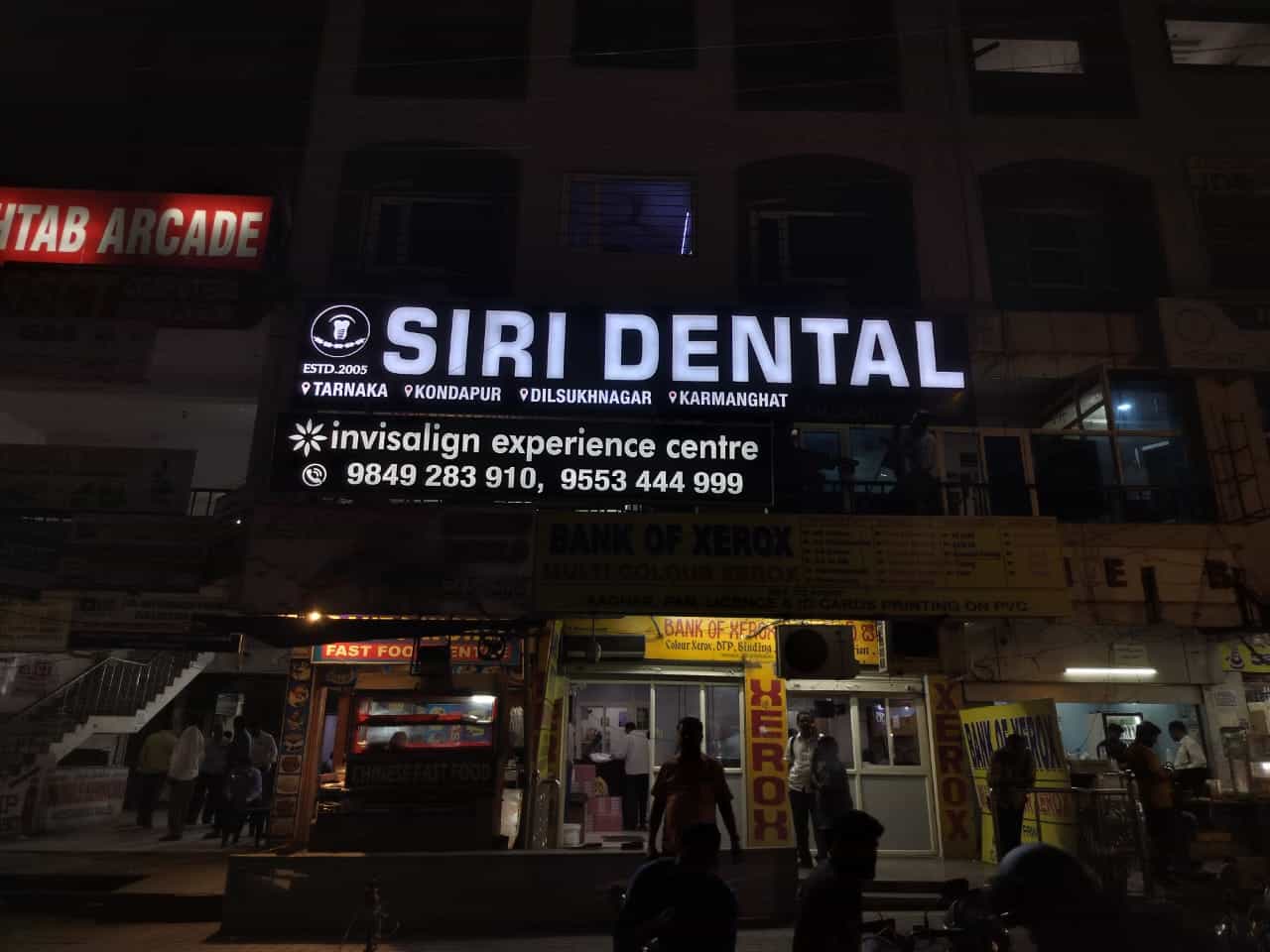Tooth Sensitivity: An Overview
Author:
Tooth sensitivity (dentin hypersensitivity) is the pain or discomfort experienced when a tooth is exposed to hot, cold, sweet or very acidic food and drink, or when a tooth comes in contact with cold air. It may occur over a period of time as a result of common dental problems, such as receding gums, enamel erosion, decaying tooth, etc. Tooth sensitivity is prevalent in patients aged between 20 and 50 years.
Tooth sensitivity begins to develop when the dentin, the layer that lies immediately underneath the hard white enamel of a tooth become exposed.
What Causes Sensitive Teeth?
A few common causes of Sensitive Teeth are:
- Tooth decay
- Fracture tooth
- Worn out tooth fillings
- Enamel Eruption
- Exposed tooth roots caused by Gum Disease
Common Triggers for Tooth Sensitivity:
- Intake of hot/ cold/ sweet/ acidic foods and beverages.
- When the teeth come in contact with cold air that triggers a sensitive tingle.
- Brushing too hard or flossing Incorrectly.
- Use of alcohol-based mouthwashes.
Diagnosis:
The diagnosis of Dentin Hypersensitivity can be challenging. Thorough patient history and detailed clinical examination includes a pain provocation Test where in the air is blasted from a dental instrument onto the sensitive area. If the test is negative, no treatment is indicated for Dentin Hypersensitivity.
Treatment for Sensitive Teeth:
Tooth Sensitivity is a treatable condition. The type of treatment will be decided on the basis of the underlying causes of tooth sensitivity. Depending on the circumstances, your dentist may recommended the following.
Desensitizing Toothpaste :
This contains compounds, such as Potassium Nitrate or strontium chloride that helps block transmission of sensation from the tooth surface to the nerves of your tooth.
Fluoride Gel :
It is an in-office technique that helps restore the minerals on the tooth surfaces and helps inhibit the growth of harmful oral bacteria. It will also help keep tooth sensitivity at bay.
Gum grafting :
Gum grafting is a surgical procedure in which a Periodontist removes healthy gum tissue from the roof of the mouth and attaches it to area where the gums have receded. This will help protect the root and reduce tooth sensitivity.
How to Reduce Tooth Sensitivity:
Gingival recession and cervical tooth wear can be avoided with the best dietary and oral hygiene practices. The right brushing technique will help reduce gum recession and cervical tooth wear.
Consumption of acidic food and drink should be limited to reduce acid attacks on the tooth enamel. More than that, the teeth should not be brushed immediately after the consumption of acidic food and drink. Non-abrasive food will help reduce the risk associated with tooth wear. Flossing once a day will also help reduce gum disease and tooth decay.
Though tooth sensitivity is not a serious problem, it should be detected early and treated properly so as to keep your permanent dentition healthy for a life time.







